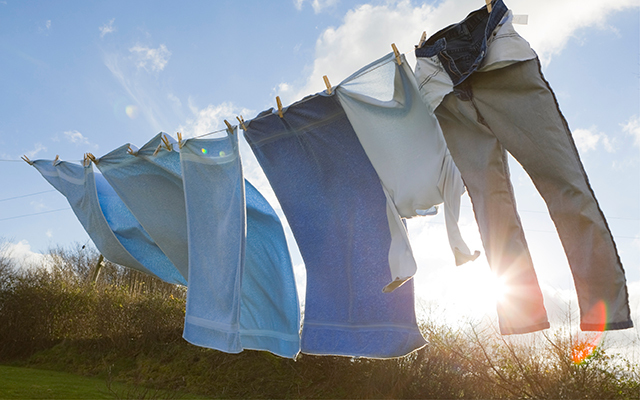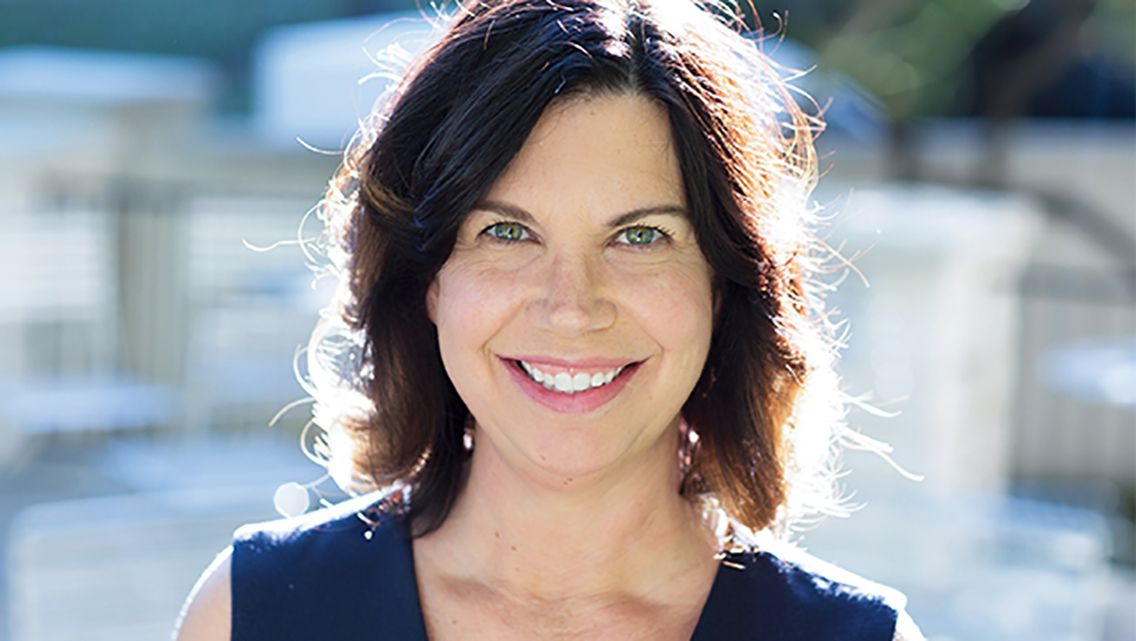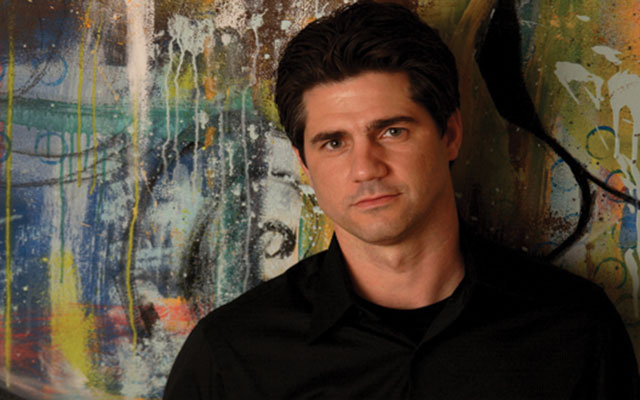A few years ago, Sara Bongiorni and her family embarked on an unusual experiment in consumer awareness: They decided that, for one year, they would purchase no products that had been made in China. It wasn’t a matter of boycotting. “I really just wanted to see if it was possible,” says Bongiorni, a writer and journalist based in Baton Rouge, La., who recounts the experience in The Year Without “Made in China”: One Family’s True Life Adventure in the Global Economy.
Bongiorni’s first test came when her household’s made-in-China coffeemaker broke down. They briefly considered hunting down a made-elsewhere alternative. “Instead, we never replaced it at all,” she says. “We learned to make our coffee by pouring boiling water over coffee grounds. And you know what? It tastes a lot better.”
The context of Bongiorni’s discovery may be unusual, but the underlying lesson can apply to all of us: Throttling back on unnecessary purchasing can be rewarding in ways we might not have anticipated.
Throttling back on unnecessary purchasing can be rewarding in ways we might not have anticipated.
There have long been vocal advocates of “voluntary simplicity,” people who see frugality as a means of fostering greater life freedom, personal integrity or social justice. (For more on that, see “The Smart Money”.) Today, however, economic turmoil has forced many of us into involuntary simplicity, otherwise known as financial hardship. But hard times can also offer us the opportunity to become more conscious and discerning consumers — looking beyond the dollar value of every purchase to its deeper value and leaving wasteful consumption patterns behind.
Many of those who have tried living with less insist that this way of life has far more to do with self-awareness than self-denial. They’re not saying no to expensive coffeemakers; they’re saying yes to delicious home-brewed coffee.
Abundant Penny Pinching
When Amy Dacyczyn had her first child in the early 1980s, she and her husband wanted a home to call their own — without all the accompanying debt. So they became experts at economizing and, seven years later, had saved enough to buy their dream house. Along the way, Amy collected her expert advice in a newsletter, the Tightwad Gazette, and anthologized it in a book, The Complete Tightwad Gazette.
At first, Dacyczyn worried about how spending less would affect her family’s lifestyle. “I thought, ‘I’m just going to grit my teeth and be miserable and save my money,’” she recalls. But she made a surprising discovery: “It was never miserable. In fact, our lives were more abundant.”
Creativity and resourcefulness — along with a little sweat equity — were Dacyczyn’s greatest allies. She started shopping smarter, learning to buy items like spices in bulk and scouring thrift stores for her family’s clothing. Other projects were more labor intensive, but still rewarding. She began growing much of her own food, and last year the dozen blueberry bushes in her yard netted around 60 quarts of berries, which even back then, she boasts, “cost four or five dollars a quart in the store.”
Dacyczyn found that living with less made her more conscious about what she really wants and more appreciative of what she has.
Dacyczyn found that living with less made her more conscious about what she really wants and more appreciative of what she has. “It forces you to think about what’s important,” she says. For example, she decided to spend a little more on some durable antiques to supplement her mostly garage-sale furniture. “There’s a payoff to getting high-quality things, in that you take care of them and make them last longer.”
Whether you’re what Dacyczyn calls a “minimalist,” who wants to trim back on possessions, or an “accumulator,” who simply loves a great bargain, maintaining an empowered, open-minded and sporting attitude is everything.
When she was publishing the Tightwad Gazette, Dacyczyn put out a call for stories from readers who had lived through the Great Depression and found many people who described it as the best time of their lives. “What I discovered was that the positive attitude of their parents made all the difference,” she says. “A creative and resourceful attitude made the hardships easier.”
During a year of buying only “necessities,” New York writer Judith Levine made similar discoveries. She also made a new rule about eating at restaurants that she and her partner continue to follow. “We still only go out to eat when we want to eat at a particular place — not just when we’re too lazy to cook.”
For Levine, who wrote about her experience in Not Buying It: My Year Without Shopping, the greatest value came from the experiences that filled the time she once spent shopping. She took walks through the city; she visited the public library. “I ended up spending a lot of time in the public sphere,” she says. “I rededicated myself to being a citizen, not just a consumer.”
Less Stuff, More Happiness
One obvious benefit of cutting back is saving money. Dacyczyn put away almost $50,000 in seven years. In just one year, Levine paid off $8,000 in credit-card bills. But the upside of spending less goes much deeper than that. Tim Kasser, PhD, a professor of psychology at Knox College in Galesburg, Ill., and the author of The High Price of Materialism, has gathered empirical data showing that people who are more materialistic are less happy and have less satisfying social interactions. True happiness, his research suggests, comes from meaningful experiences, such as growing as a person and feeling connected to friends and family.
Kasser’s research findings are borne out by practice, according to Levine. “One of the things that happened when we started to ratchet down our consumption is that we found other things that make us happy,” she explains, “like reading a book from the library, or going to a free concert at the local plaza. There are a lot of fun things to do that don’t cost money.”
Less for Success
Every day presents opportunities to eliminate unnecessary waste and expense. Here are some ideas to get you started:
- Entertainment on the cheap. If you live in a city or metro area, you can often find free events — like concerts at the art museum or park. Many public places that usually charge admission have “free days.” Stock up on movies and books at the public library. Take walks in interesting locations. If you stay home, play board games, cook together, give and receive foot rubs.
- Examine your routines. Daily habits often reveal areas ripe for savings. For example, many people habitually make a full pot of coffee in the morning, then pour a cup or more down the drain as they head out the door. Why not just make the two cups you’ll drink instead? Also consider going easier on personal-care items and household cleansers. You’ll lower your costs and your environmental impact.
- When Amy Dacyczyn’s daughter got her ears pierced, Dacyczyn put out the word to friends and family: Soon her daughter had 40 pairs of earrings and a jewelry box to keep them in. “You wouldn’t believe how fast you get results,” she says, just by letting others know what you’re looking for.
- Raid your pantry. On a night when you think there’s “nothing for dinner,” make a point of seeing what you can whip up with whatever you happen to have on hand. Challenge your partner or kids to come up with creative options (some of which, no doubt, will be laughable). Improvising can be fun and can help you appreciate how much you actually have to work with.
- Stop leaks. A home-energy audit can help identify where your home is leaking hot or cool air. Your power company may offer incentives that help cover the cost of the audit and a portion of recommended repairs. The energy savings are yours to keep.
This article originally appeared as “When Less Is Enough” in the April 2009 issue of Experience Life.




This Post Has 0 Comments